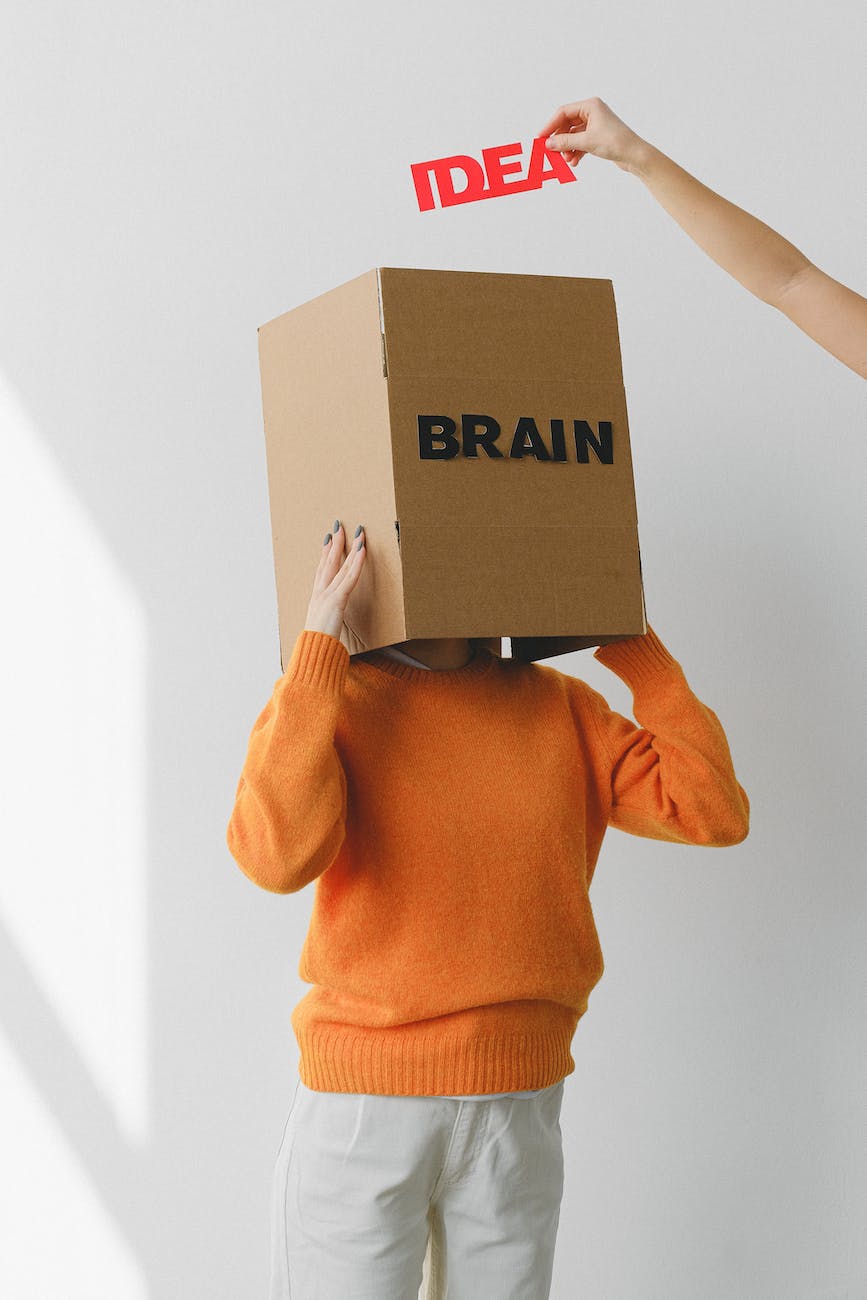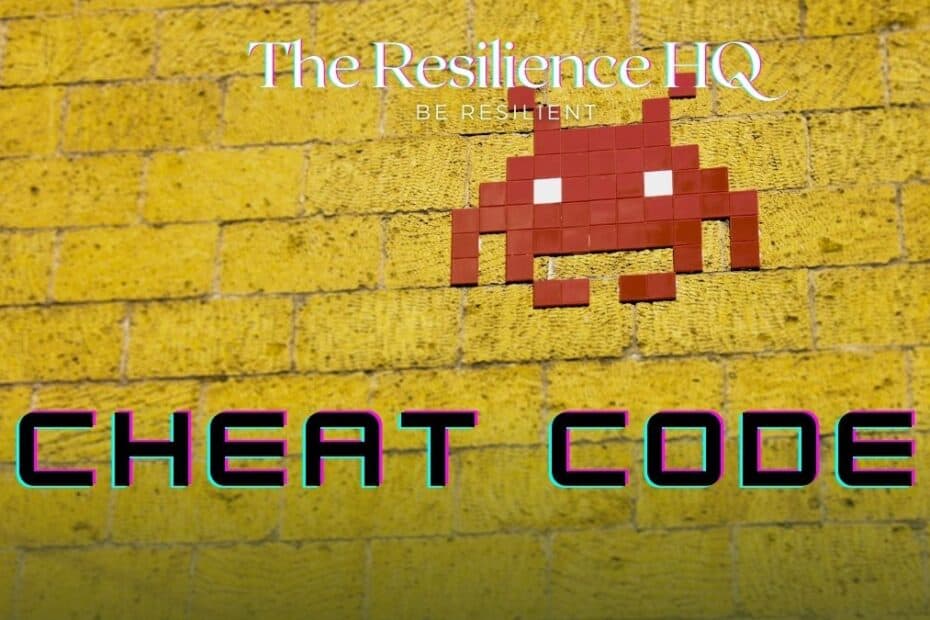Life is a big ball of stress!
Wherever we look in the world, there are stressful events. It seems that there is never ending variety, severity and incidences of these events. Perhaps this life is surrounded by stress, and may be it is moulded by it. If we think about it, the way the world is today, the way we are today, is a reflection of our history. The events we have already passed through have shaped us into our present state.
Today we are a reflection of our past but tomorrow we will be a reflection of today. If we want to see a stronger tomorrow, we must be strong today.
AQ
Victims or shapers?
It is therefore important to reflect on what we have been through already and what we are going through in a deliberate manner so that we can have a stake in shaping our tomorrow. Without this process we may end up being mere victims of our life events.
Difficulties and stress
Tribulations and difficulties cause stress. Stress can worsen our physical and mental health. Extreme stress can lead to extreme reaction and problems but chronic stress, lasting a long time can have long term impact on our health, whether physical or mental. It is therefore crucial for our health and wellbeing that we learn how to deal with trials, difficulties and tribulations of life, all of which cause stress.
Types of stress
- Interpersonal
- Financial
- Health- pain, illness, physical, mental
- Environmental- neighbourhood, wars, housing,
- Natural Disasters- Earthquakes, Storms, Tornados, tsunamis.
- Can you think of any other broad categories of disasters? (please share in the comments below)
The alternative perspective
Before we get all sucked into doom and gloom and start believing that the world and life is just a disaster, let’s PAUSE ⏸️ and remind ourselves for a moment that our life hasn’t just been one big ball of stress. For most of us, there have also been events of pleasure, happiness, relaxation, enjoyment and celebration. From the outside some people may seem to have more stressful events where as others it seems have more pleasurable events in life. Regardless, life gives us happy and stressful moments. This is important to bear in mind, especially when facing difficulties. It is also important to remind ourselves of this when going through happy and relaxed times in life so that we can prepare ourselves and build resilience for the difficult times.
Another perspective is that we don’t want our life to be only pleasurable, stress free or devoid of challenge. At some point it will become boring and meaningless and for most people it will lead to lack of appreciation of the blessings they possess and possibly laziness. We need challenge, some stress and reason to push ourselves, work harder than before and exceed our achievements. Most successful people in business, industry and entrepreneurship set themselves personal challenges, regardless of their situation. Best athletes do not rest on their laurels and keep pushing themselves, keep working harder, regardless of the success, fame or money they have already achieved.
Thinking about stress
One way to think about stress is to consider the domains of cognitive, emotional and physical effects. In this post, we’ll consider the cognitive part of stress. We can discuss other domains in another blog post.

Cognitive element
One of the main components of stress is cognitive, or thinking. Stress effects how we think but if we ponder deeply we will realise that what triggers physical and emotional stress response in us is a thought that says something along the lines of “I cannot deal with this, this is too much” and “I am stressed”. It is also worth realising that our thoughts are not always objective, accurate or technically true. Our fears, past negative experiences and current emotional state all effect our thinking and how we appraise the situation. This is why given the same situation different people react differently. Some find it stressful and some do not. How we think about our “stressful” situation is therefore an important component of dealing with it.
Let’s consider these different thoughts that may arise in our minds during difficult situations:
- I cannot deal with this.
- This is too much.
- I am weak. I am pathetic.
- I do not give up.
- This will not beat me.
- I am stronger than this situation.
- Others will think I am weak and useless.
- I can always get help if I can’t do it alone.
- It is a challenge and I can do it.
- No matter what happens, I will get through this.
Choosing our thoughts
Which thoughts from the list above are more likely to lead us to develop negative stress response and which ones might reduce our stress and help solve our problem?
Have you ever had any of these thoughts?
What was the result of the situation?
Did they help or hinder you dealing with the situation effectively?
Having positive beliefs about ourselves are crucial in helping us solve our problems, face difficult situations without fear, without giving up and calming ourselves down so that we can think rationally about the problem, possible solutions, risks, resources and help we can use to deal with the difficulties. Once we have successfully dealt with the difficulty, the way we think of ourselves (self beliefs) is likely to become even more positive and balanced.
The cheat code
Is there a shortcut of developing and reinforcing our positive self beliefs without going through very difficult situations ourselves? What if we are in relative easy situations and still want to develop resilience and (genuine) positive image of ourselves?
Consider for a moment the effect on our self beliefs when we help others in distress, going through difficulties, disasters, tribulations and tragedies.
Helping others through difficulties in whatever way we can helps us develop and reinforce positive beliefs about ourselves which can help us when we are facing stressful situations. We have already considered above that it is our thinking that determines whether we feel too stressed and out of control or in control and rationally work on our problems. If we consider the definitions of resilience we’ll realise that dealing with difficulties in a positive manner can help us discover and develop resilience.
Helping others through disasters helps us build resilience
Consider the disastrous earthquake that hit Turkey and Syria a few days ago on 6th February 2023 and led to tens of thousands of deaths, destruction of houses, infrastructure and immense human suffering. Can we be source of help to them? Can we help them realise their resilience? What actions, small or large can we do that might help them? If we did help them, will it effect how we think of ourselves and what self-beliefs will it generate, reinforce in us?
When we help others through difficult times, in reality we are helping ourselves by developing positive self-beliefs which can lead to better self-esteem and help us overcome our own future difficulties and build resilience.
Consider….
If we find ourselves in difficult situation, what thoughts will this message generate in us? Will it lead to positive appraisal of the problem and calm our emotions?
Quick and easy Actions to consider
- Donate to charity (of your choice)
- Think, reflect, pray for those in difficulty and our own difficulties in comparison
- Reflect on what we can do
- Reflect on blessings we have and what we are grateful for in our life
- Who else needs help and how we can help?
- Who can we ask for help when we are in need?
